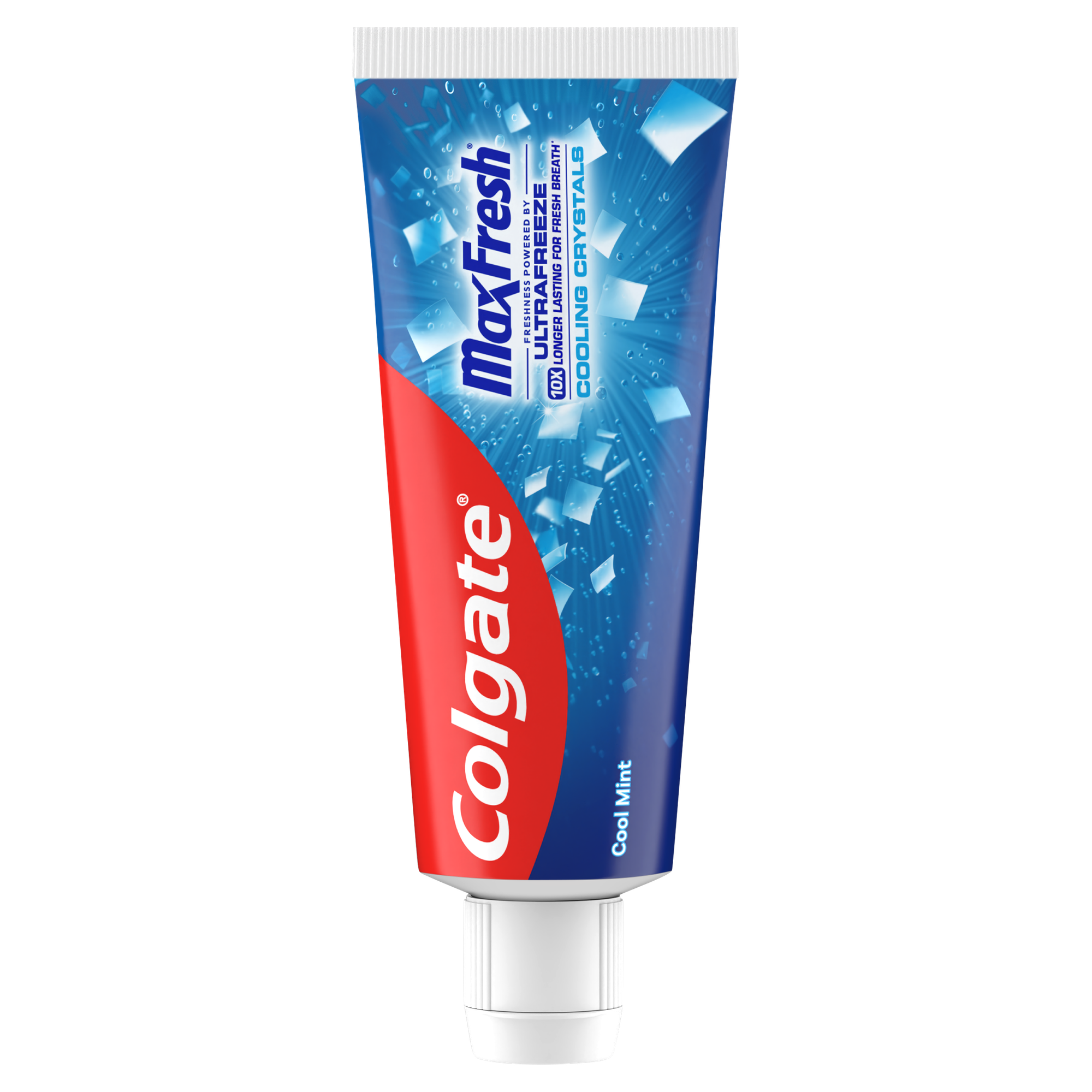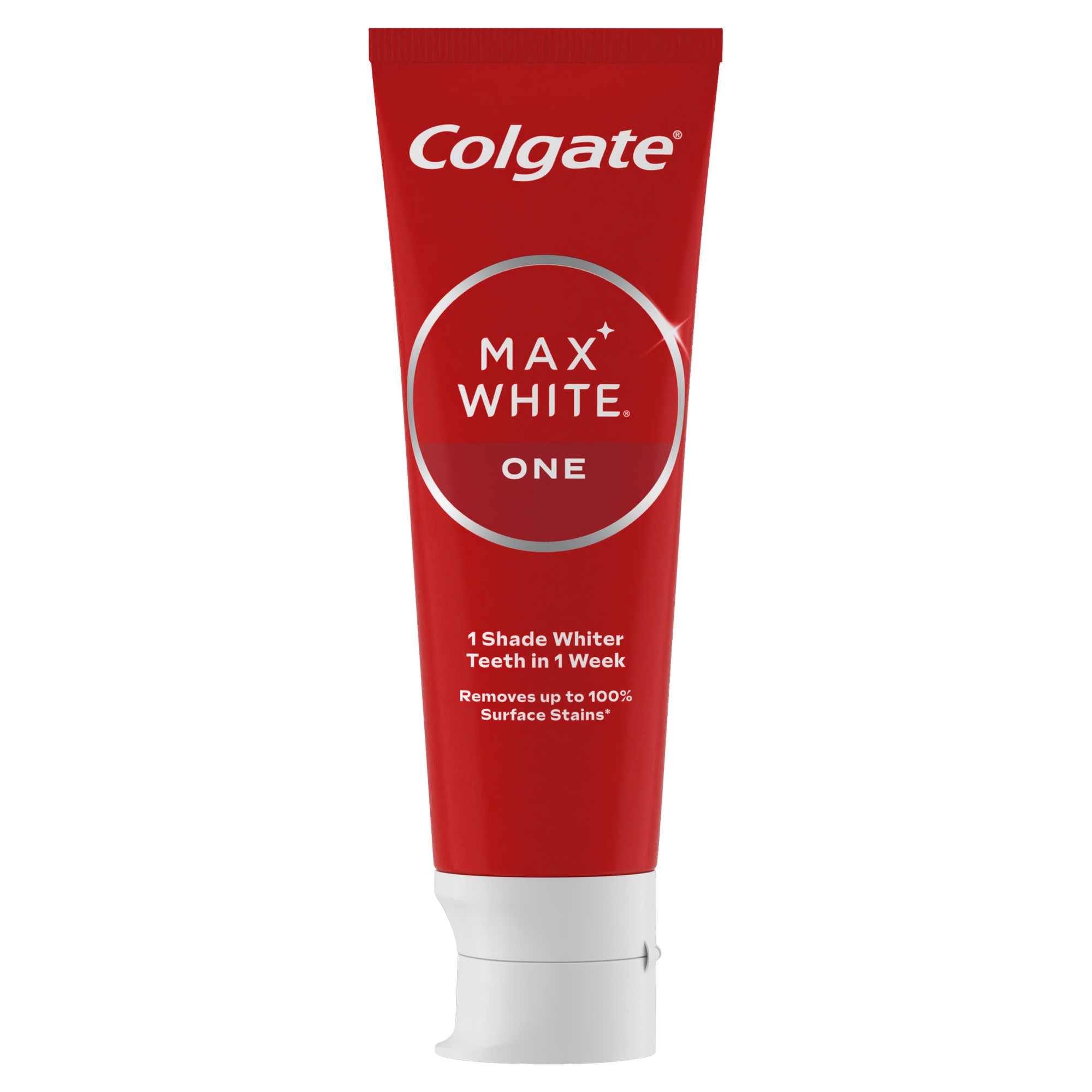What causes mouth dryness?
Not sure what dry mouth is or what causes it? Well, there could be a variety of reasons why you're experiencing ongoing dryness in your mouth. Minor illnesses such as vomiting, mild dehydration, or the flu may lead to temporary dry mouth. In some cases, dry mouth can be a symptom of a medical condition like diabetes. Mouth dryness (known as xerostomia) can also be a side effect of some medications. According to NHS inform, these may include antihistamines, antidepressants and diuretics. Radiotherapy to the head and neck can also cause dry mouth.
What are some reasons for bad breath?
So you now know what can cause dry mouth, but you may be wondering why dry mouth causes bad breath. Interestingly, medication doesn't directly cause bad breath. It's the chemicals within the medicine that inhibit your salivary glands from producing saliva. According to the International Journal of Contemporary Dental and Medical Reviews, saliva keeps the mouth hydrated, washes food particles away from your teeth and gums, and can help fight tooth decay. Without sufficient saliva to perform these tasks, the increased presence of bacteria in your mouth – coupled with dry oral tissues – produces the odour commonly associated with bad breath from dry mouth.
How do you diagnose dry mouth?
Understanding the real cause of your dry mouth is important and will help your doctor find the proper treatment. Most dental professionals can quickly determine whether the reason is related to your oral health or something else. If your dentist diagnoses periodontal disease or cavities, they can help resolve these issues. However, if medication for another medical condition causes your dry mouth, you may need the care of a doctor or specialist to diagnose and address the issue.
What are treatments for dry mouth?
Even if you have dry mouth, there are ways to target the symptoms. Initially, your doctor will likely recommend treatment to manage your symptoms, ranging from dental sores to bad breath. At the same time, your doctor will investigate the cause of your dry mouth, conducting tests for any medical conditions.
Prevention
Of course, even before you get to the point of treatment, you might be able to find ways to prevent bad breath. If you find your medication alternatives are limited, or you have one of the medical conditions that cause xerostomia, your best method of preventing bad breath from dry mouth is to maintain a high level of oral hygiene to control bacteria and avoid the development of bad breath and mouth sores. You can always ask your doctor to recommend products specially formulated to target dry mouth symptoms and avoid habits such as smoking or drinking alcohol and caffeine.
So if you're experiencing bad breath due to dry mouth, whether it's due to medication or a medical condition, there are several things you can do to improve the situation. The most important thing is to find out what's the root cause of your dry mouth. Your dentist or doctor can guide you through this process, and together you can decide what's the best course of action.
It's also essential to maintain your stress levels and protect your overall health. Taking the time to take care of yourself is the first step toward better oral hygiene and breath. And let's face it, when we have good breath, we feel good too!
This article is intended to promote understanding of and knowledge about general oral health topics. It is not intended to be a substitute for professional advice, diagnosis or treatment. Always seek the advice of your dentist or other qualified healthcare provider with any questions you may have regarding a medical condition or treatment.
ORAL HEALTH QUIZ
What's behind your smile?
Take our Oral Health assessment to get the most from your oral care routine
ORAL HEALTH QUIZ
What's behind your smile?
Take our Oral Health assessment to get the most from your oral care routine











